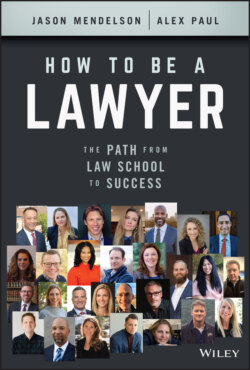Читать книгу How to Be a Lawyer - Jason Mendelson - Страница 32
Evidence
ОглавлениеEvidence may seem only valuable to litigators, but that is shortsighted. We know that evidence is important in every facet of the legal profession because it governs what material will or will not get into a legal proceeding. Because of this, evidence laws also allow one party to exert pressure on another party prior to any legal proceeding. You can only imagine some of the things we've seen that people don't want the public to know about.
So whatever area you practice in, consider from day one what materials may or may not make it into a courtroom. Think about things like your own personal document retention policy earlier in your career. While much of your materials will likely be protected by attorney–client privilege, some of it is not, as loose email communications might include a party on the email chain that is not protected by privilege, thus, blowing the privilege.
Protect your clients and add value by encouraging robust document retention policies. This is a relatively easy area of the law that can be self-taught yet highly valuable from day one to your new client, regardless how junior of a lawyer you may be. Plus, the great thing about this area is that your expertise or position doesn't really matter. Pretty much every lawyer must manage documents correctly if she wants to be successful (or at least not commit malpractice). Don't wait to find your mistake. In the worst of these situations, we've seen lawyer work product produced in a trial and even worse, the lawyer called as an actual witness in a case. Yuck.
Bottom line: Even if you aren't going to be a litigator, please please please pay attention to how evidence works. All lawyers, their communications, and their work product have the possibility of ending up in court. Hope for the best, but plan for the worst.
